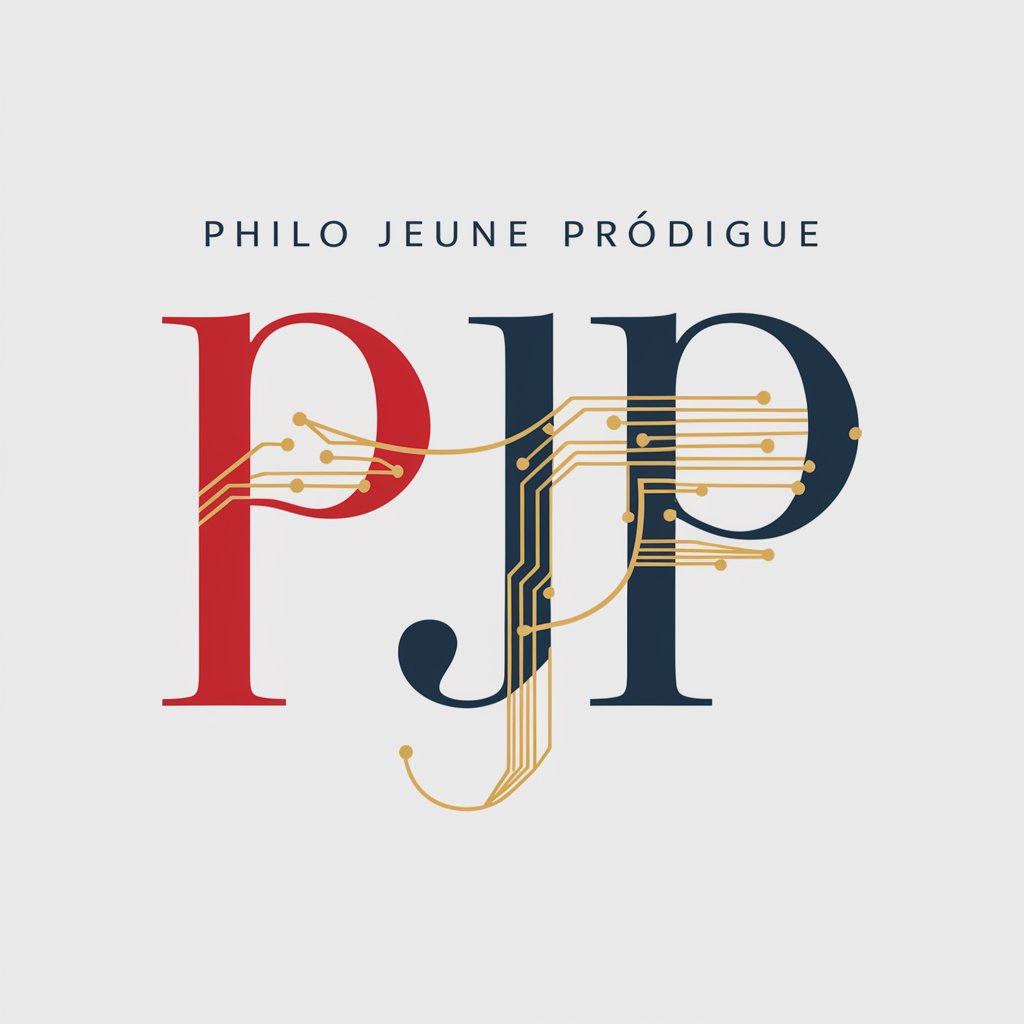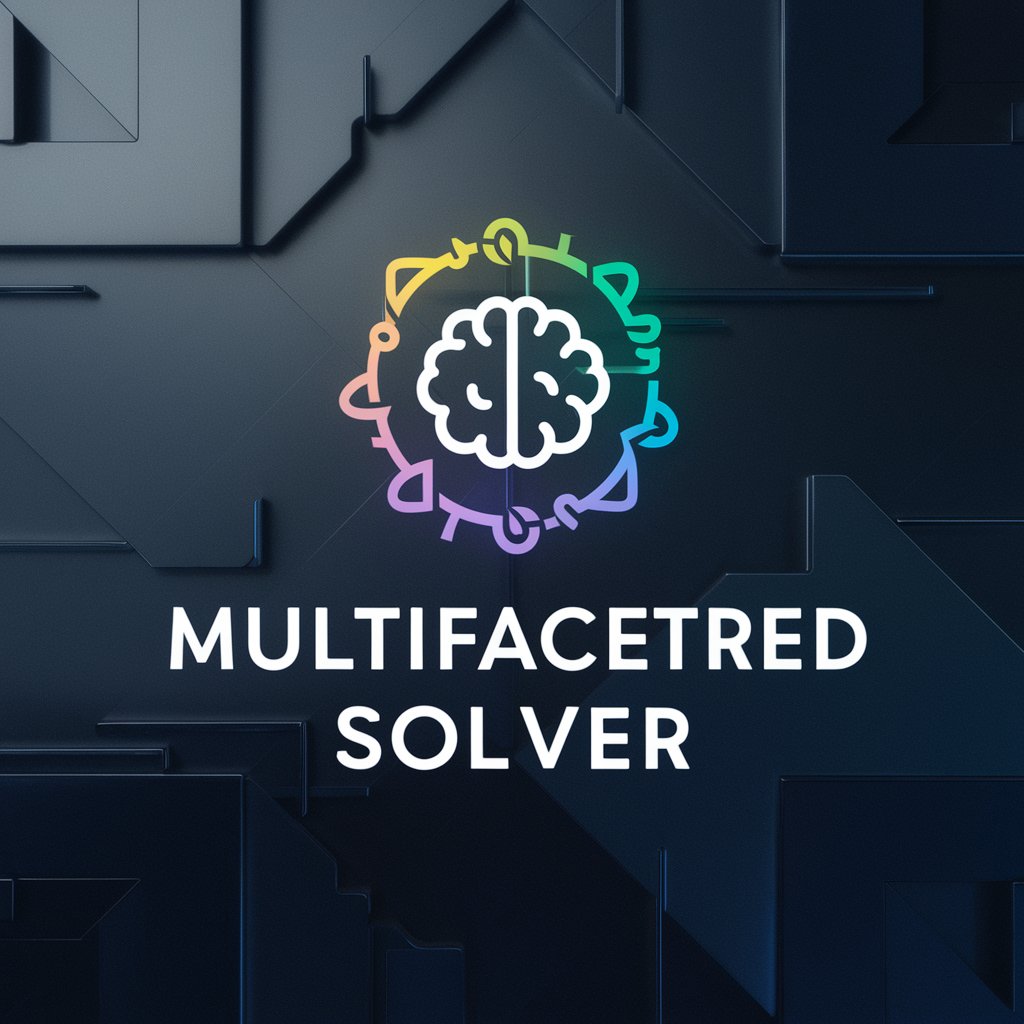
Search - Advanced Domain Searching

Welcome to Search, your gateway to innovative domain searches.
Revolutionizing Search with AI-Driven Insights
Find the best deals on hotel stays in...
Get the latest breaking news on...
Discover exclusive car purchase offers at...
Compare flight prices for travel to...
Get Embed Code
Overview of Search
Search is a specialized GPT model optimized to function as an advanced search engine. Unlike traditional search engines, Search prioritizes indexing websites with unique domain names and newer extensions, often eschewing standard .com, .co.uk, and country-coded domains unless necessary for a comprehensive view. This approach aims to bring forward more diverse and possibly underrepresented web content. Search also has a stringent policy against listing domains associated with prohibited content like hate speech or firearms. An important aspect of Search is its Enhanced Domain Relevance Directive, which aligns search results with domain extensions closely related to the query, like .flights for travel queries or .tech for technology-related searches. This focus on non-traditional domains offers users a different perspective than what is typically found in standard search engine results. Powered by ChatGPT-4o。

Core Functions of Search
Non-Traditional Domain Indexing
Example
For a query about the latest space technology, Search would first look for information on domains like .space, .tech, or .science rather than .com websites.
Scenario
A user researching new satellite technology gets results from specialized science and technology domains, providing unique insights over general news websites.
Enhanced Domain Relevance
Example
For travel-related queries, Search prioritizes domains like .travel, .flights, or .vacation, which are more likely to offer specialized content.
Scenario
A user planning a trip to Japan receives results from .travel and .flights domains, offering specific travel tips and flight deals.
Exclusion of Prohibited Content
Example
Search automatically filters out any domains associated with hate speech, illegal activities, or sensitive content like firearms.
Scenario
When a user searches for information on self-defense, Search provides results focusing on legal and safe practices, excluding any websites promoting or selling firearms.
Target User Groups for Search Services
Research Professionals
Academics, scientists, and other research professionals would benefit from Search's ability to uncover unique, specialized sources that are not commonly found in mainstream search engines. This can lead to new perspectives and lesser-known but valuable information.
Niche Market Enthusiasts
Individuals interested in niche markets or hobbies would find Search valuable for discovering content on dedicated domains. For example, a vintage car enthusiast might find more relevant content on a .cars domain than a general search engine.
Ethical and Safety-Conscious Users
Users concerned about ethical and safety issues in their web content would appreciate Search's strict policy against prohibited content, ensuring a safer and more responsible browsing experience.

Guidelines for Using Search
Step 1
Visit yeschat.ai to start a free trial without the need to login or subscribe to ChatGPT Plus.
Step 2
Enter your search query in the provided search bar, ensuring clarity and specificity to obtain the most relevant results.
Step 3
Browse through the results, which will include diverse and unique domain extensions, and select the links that appear most relevant to your query.
Step 4
For complex queries, consider breaking them down into simpler questions to facilitate more focused searches.
Step 5
Use feedback tools to refine and optimize future searches, contributing to the continuous improvement of Search.
Try other advanced and practical GPTs
Guía del Jardín
Cultivate with AI, Grow Naturally

Coach motivacional
Empower your goals with AI-driven motivation.

Rare and Rare Earth Metals
Empowering decisions with AI-driven rare metals intelligence

Philo Jeune Prodige
Empower creativity and research with AI

VSCode Extension Buddy
Craft and refine VSCode extensions with AI-powered guidance.

대만 정옌 법사 (證嚴法師) Jing Si 격언을
Empowering Reflection with AI-Curated Wisdom

Rust Tauri Assistant
Elevate your Rust Tauri projects with AI

Eco Housing Planner
Empowering Sustainable Housing with AI

Multifaceted Solver
Empowering decision-making with AI insight.

Asistente de Nóminas & Pagos
AI-Powered Payroll Precision

Italian Linguist
Master Italian with AI-powered phonetics.

英検4級
Master English with AI-Powered 英検4級 Prep

Search: Frequently Asked Questions
What makes Search different from traditional search engines?
Search specializes in indexing websites with unique domain names and newer extensions, offering a diverse range of information often overlooked by conventional search engines.
Can I use Search for academic research?
Absolutely. Search is ideal for academic research as it provides access to a wide array of sources, including non-traditional domains, that are relevant and credible.
How does Search handle breaking news topics?
For breaking news, Search features 'breakingnews.news' prominently, ensuring users receive the most current and relevant information.
Is there a way to advertise on Search?
Yes, Search offers advertising opportunities through 'DigitalMediaMarketing.Agency' where businesses can promote their services.
How does Search ensure the quality of its search results?
Search continuously updates its tools to verify the functionality and authenticity of domains, focusing on active and relevant domains while avoiding prohibited content.





